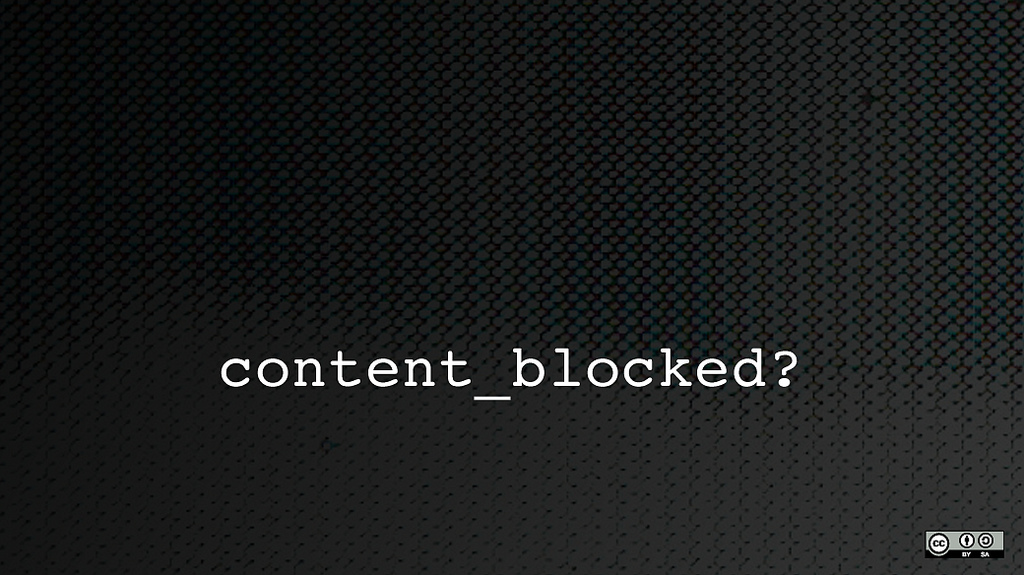S-209: Protecting Young Persons from Exposure to Pornography Act
| Link to Bill | Full Text | Open Parliament |
Coverage
Court Ordered Social Media Site Blocking Coming to Canada?: Trojan Horse Online Harms Bill Clears Senate Committee Review - Michael Geist
Critics of Senator Julie Miville-Dechêne’s successive bills that ostensibly target pornography sites have for years warned of the privacy and equity risks that arise from mandated age verification and the dangers of over broad legislation that would extend far beyond pornography sites by covering social media, search, and AI services. The Senate committee reviewing the latest iteration of those bill - Bill S-209 - met yesterday to conduct a clause-by-clause review of the bill. That the bill passed through committee pending some supplementary remarks was not a surprise. However, that the privacy and equity concerns barely merited a mention and that regulating social media sites was viewed as feature not a bug was a wake up call.

Senate Bill Would Grant Government Regulatory Power to Mandate Age Verification For Search, Social Media and AI Services Accompanied By Threat of Court Ordered Blocking of Lawful Content - Michael Geist
The return of mandated age verification legislation in the Senate - formerly Bill S-210 and now S-209 - has been working its way through a Senate committee with a wide range of witnesses appearing over the past two weeks. I wrote about the new bill in late May, noting that there were some improvements, including an exclusion of sites that “incidentally and not deliberately is used to search for, transmit, download, store or access content that is alleged to constitute pornographic material”. However, I argued that the bill still raised concerns, including the privacy implications of mandated age verification technologies and the establishment of website blocking requirements that would block access to lawful content in Canada. I will be appearing before the committee later this month, but discussion last week at committee merits immediate comment.

Issues
ID Verification
The problems related to mandated online ID or age verification are numerous. They range from surveillance concerns, to censorship and gate-keeping. The broad enforcement of this kind of validation through laws necessitates a form of site-blocking mechanism. By relying on site-blocking for enforcement, much of the free and open web

Related Legislation
S-210: Protecting Young Persons from Exposure to Pornography Act
Coverage What’s wrong with Bill S-210? An OpenMedia FAQIt’s been called the “Most dangerous Canadian Internet bill you’ve never heard of”.OpenMediaOpenMediaThe Law Bytes Podcast, Episode 190: Debating Bill S-210 - Senator Julie Miville-Dechêne Defends Her Internet Age Verification Bill - Michael GeistI’ve described Bill S-210,




